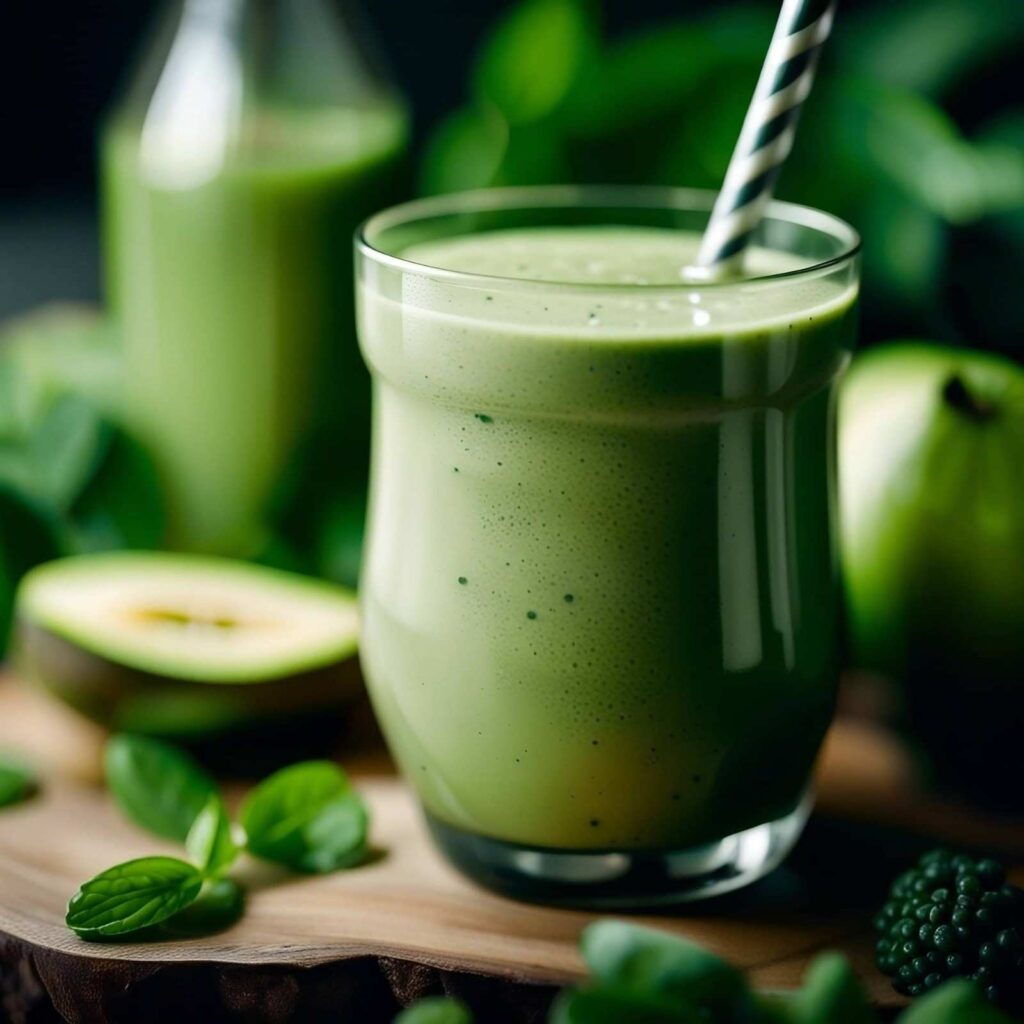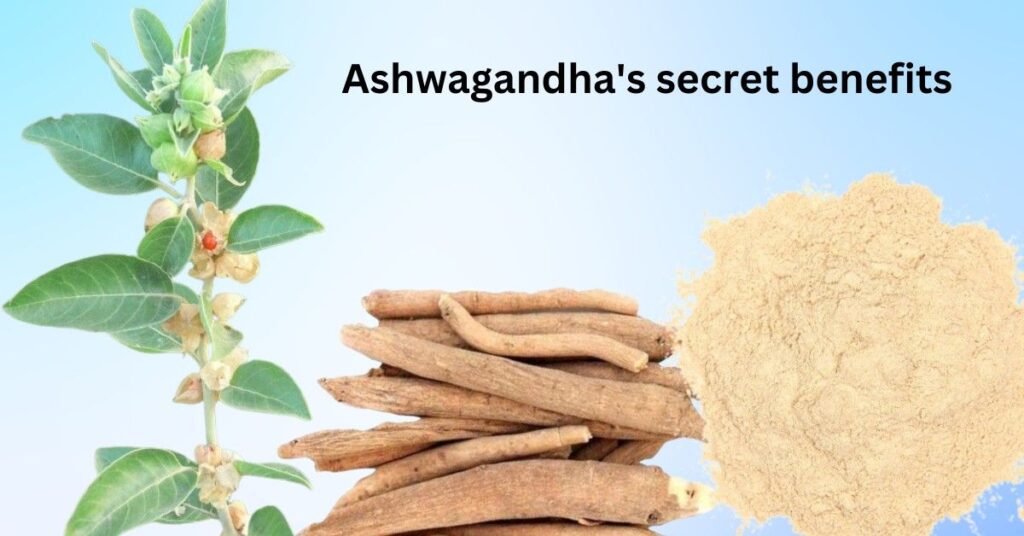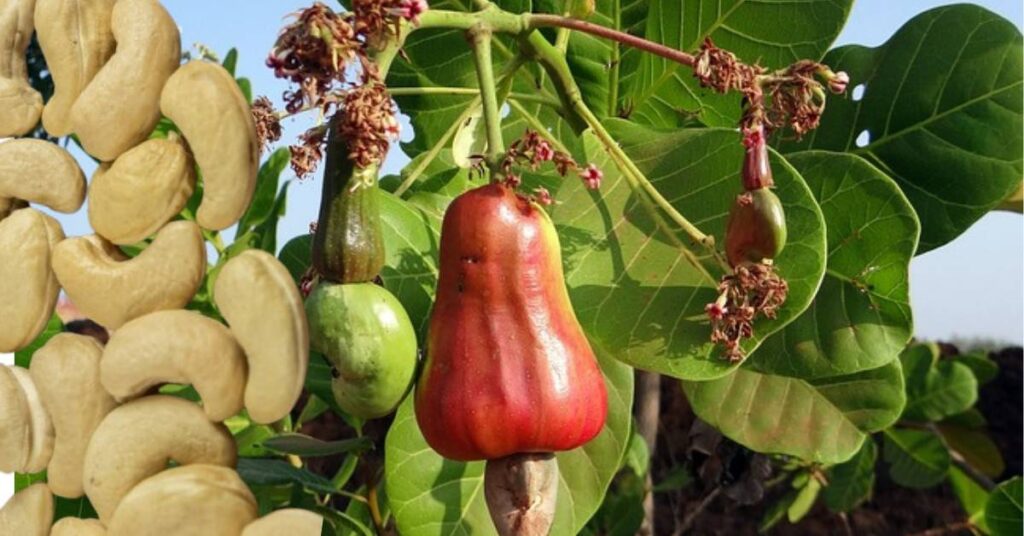Amla: The Ultimate Superfruit for Health and Hair
Scientific Name: Phyllanthus emblica L.
what is amla
Amla, often referred to as the “Indian Gooseberry,” is celebrated as one of the most potent natural remedies in Ayurveda. It has been revered for centuries, not just as a fruit, but as a holistic medicine that offers a myriad of health benefits. The ancient scriptures even honor it as the “best fruit” for its incredible medicinal properties.
The Power of Amla
Consuming just one Amla a day can help you live a longer, healthier life. In fact, the ancient texts praise Amla as a “superfruit” that can prevent premature aging, hence its name Rasayana, meaning rejuvenating herb. One Amla contains twenty times more vitamin C than an orange, making it an exceptional immune booster.
Historical and Cultural Significance
Amla is native to India, and its use dates back to ancient times, with references found in Charaka Samhita and Sushruta Samhita. It is known by various names across cultures—Bhringraj in Ayurveda for its hair-enhancing properties, and Dhatri, which means ‘the nurse,’ reflecting its nurturing qualities.
Health Benefits of Amla
1. Rich Source of Vitamin C: Amla is one of the most concentrated natural sources of vitamin C, which helps boost the immune system, improve skin health, and promote a youthful appearance.
2. Heart Health: Regular consumption of Amla juice can strengthen the heart muscles, regulate cholesterol levels, and reduce the risk of heart diseases.
3. Digestive Aid: Amla is an excellent remedy for digestive issues. It helps alleviate conditions like gastritis, colitis, and acidity.
4. Antioxidant Powerhouse: The high antioxidant content in Amla helps combat free radicals, reducing oxidative stress and protecting the body from various diseases.
5. Anti-inflammatory Properties: Amla’s anti-inflammatory properties make it effective in reducing joint pain, arthritis, and other inflammatory conditions.
Amla Juice : Recipe, Benifits and How to Consume It

Amla is not only beneficial for hair care but also offers numerous health benefits. Amla juice is a nutritious drink that, when consumed regularly, can provide various advantages.
Ingredients:
- Fresh amla (Indian gooseberries) – 5-6
- Water – 1 cup
- Honey or sugar (optional) – 1-2 teaspoons
- Lemon juice (optional) – 1 teaspoon
- Black pepper powder (optional) – a pinch
Preparation Method:
- Wash the amlas, remove the seeds, and cut them into small pieces.
- Place the amla pieces in a blender, add 1 cup of water, and blend until smooth.
- Strain the mixture using a sieve or cheesecloth.
- To reduce tartness, you can add honey, sugar, or lemon juice.
- Pour the juice into a glass and drink it on an empty stomach.
Benefits:
- Improves hair health and brightens the skin.
- Boosts the immune system.
- Aids digestion and reduces acidity problems.
A Simple Guide to Using Amla Powder for Hair Growth
So, What Exactly Is Amla Powder?
Amla powder comes from dried Indian gooseberries (Phyllanthus emblica). It’s packed with vitamin C and is well-known for its health benefits, especially when it comes to hair care.
How to Use Amla Powder for Hair Growth
If you’re looking to boost your hair growth, amla powder is a great option. Just mix 2 tablespoons of amla powder with water to make a paste. Apply it to your scalp and hair, let it sit for about 30 minutes, and then rinse it off. This simple routine helps nourish your hair follicles, making your hair stronger and thicker over time.
Caring for Your Hair with Amla Powder
Amla powder isn’t just for hair growth—it’s also fantastic for overall hair care. You can mix it with yogurt or coconut oil to create a nourishing hair mask. Using this regularly can help reduce hair fall, fight dandruff, and give your hair a smoother texture.
Taking Amla Powder
Amla powder isn’t just for external use. You can mix 1 teaspoon of it with warm water or blend it into your smoothies. Taking it daily can help improve your hair health from the inside out.
How Much Amla Powder Should You Take?
Generally, 1-2 teaspoons of amla powder a day is recommended. But as with anything, it’s a good idea to check with a healthcare provider to find out what’s best for you.
The Benefits of Amla Powder
Amla powder does more than just support hair growth. It can also boost your immune system, improve digestion, and give your skin a healthy glow. It’s definitely a versatile supplement worth adding to your daily routine.
Amla for Hair: The Natural Elixir
Amla is a wonder ingredient for hair care. Its high vitamin C content strengthens hair follicles, prevents premature graying, and enhances hair growth. Regular use of Amla in your hair care routine can make your hair shinier, thicker, and more resilient.
How to Use Amla for Hair:
- Amla Oil Massage: Regularly massage your scalp with Amla oil to nourish the roots and prevent hair loss.
- Amla Hair Mask: Mix Amla powder with yogurt and apply it as a hair mask. Leave it on for 30 minutes before washing it off with a mild shampoo.
- Amla Rinse: Boil Amla in water, cool it, and use it as a final rinse after shampooing your hair for a natural shine.
Amla in Modern Medicine
In addition to its traditional uses, Amla is also being studied in modern medicine for its potential role in preventing chronic diseases like diabetes, cancer, and cardiovascular conditions. Its ability to improve overall health and well-being makes it a key ingredient in many herbal supplements.
Conclusion
Amla is not just a fruit; it’s a powerful natural remedy that offers a wide range of health benefits. Incorporating Amla into your daily diet and beauty routine can lead to a healthier, more vibrant life. Whether consumed fresh, as juice, or applied topically, Amla is truly nature’s gift to humankind.
FAQ
1. Can amla regrow hair?
Yes, amla can help in regrowing hair. Amla is rich in vitamin C and antioxidants, which strengthen hair follicles, stimulate hair growth, and reduce hair loss. Regular use of amla oil or amla hair masks can help regenerate hair and improve its overall health.
2. Can I eat 1 amla daily?
Yes, eating one amla daily is highly beneficial for your health. A single amla contains a high amount of vitamin C and other nutrients that boost your immune system, improve digestion, and enhance skin and hair health. Regular consumption can also help in detoxifying your body and maintaining overall wellness.
3. How many days for amla juice to show results in hair?
Typically, it takes about 4 to 8 weeks of regular use for amla juice to show visible results in hair. Consistent application or consumption is key to noticing improvements in hair texture, strength, and growth. For best results, combine amla juice with a balanced diet and proper hair care routine.
4.how to use amla powder for hair growth
Mix Amla powder with yogurt and apply it as a hair mask. Leave it on for 30 minutes before washing it off with a mild shampoo.
Scientific Research on Amla (Phyllanthus emblica): Contributions by Prominent Scientists
Amla (Phyllanthus emblica), also known as Indian gooseberry, has been the focus of extensive research by scientists across the globe. Below are some notable researchers and their contributions to the study of amla:
- Dr. S. K. Sharma – An Ayurvedic researcher from India, Dr. Sharma has conducted extensive studies on the antioxidant properties of amla and its various health benefits. His research bridges the gap between ancient Ayurvedic uses and modern scientific validation.
- Dr. P. K. Goel – Dr. Goel’s work has focused on the anti-inflammatory and immunomodulatory properties of amla. His research emphasizes the potential cardiovascular benefits of regular amla consumption.
- Dr. T. Ramaswamy – This scientist has explored the chemical compounds present in amla, such as phenolics and tannins, which are responsible for its antioxidant activity.
- Dr. K. S. Shrestha – A researcher from Nepal, Dr. Shrestha has studied the liver-protective effects of amla. His research highlights amla’s role in preventing and treating liver diseases such as hepatitis.
- Dr. N. B. Kumar – Dr. Kumar’s research focuses on the anti-diabetic effects of amla. His findings suggest that regular consumption of amla can help regulate blood sugar levels.
The study of amla continues to be an area of great interest due to its versatile health benefits. Researchers around the world are continually uncovering new therapeutic applications of this ancient medicinal plant.





















Pingback: Mirabilis Jalapa: 11 Benefits of the Four O'Clock Flower
Pingback: 10 Health Benefits & Side Effects of Kudzu (Pueraria tuberosa)
Pingback: Constipation Home Remedies: 11 Quick Relief Solutions
Pingback: Garlic: Benefits, Uses, and Precautions
Pingback: How to Detox Your Liver Naturally